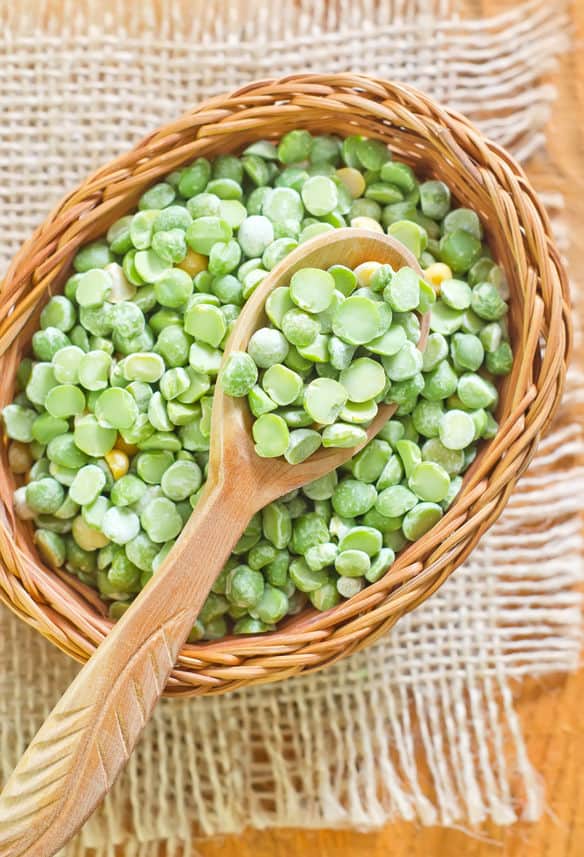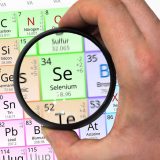

Supplemental protein in the form of shakes and drinks are most commonly associated with athletes who use them for building muscle mass and with weight loss programs that often recommend meal replacement shakes to support a healthy reduction in body fat. In fact, they are routinely employed in the medical field as nutritional support for infant formulas, geriatric patient nutrition, and patients suffering with “wasting” diseases such as HIV/AIDS or chronic liver disease.
Over the years, a debate has grown regarding which supplemental protein source is the best, whey or soy. The argument is centered in the philosophical gulf between vegan and omnivore lifestyles but is cloaked in the guise of superior safety and nutrition.
Here’s a nickel tour of the pros and cons of each:
Whey Protein
Pros:
- Complete protein – contains 8 essential amino acids
- Highest levels of Branched Chain Amino Acids (BCAAs)
- Relatively low allergy/intolerance profile – lowest of 3 dairy proteins
- Easily digested, high bioavailability
Cons:
- Overuse can cause increased frequency of bowel movements or constipation
- Associated with aggravation of acne
- Has negative interactions with certain drugs including levodopa (severe) and many antibiotics (moderate)
Soy Protein
Pros:
- Complete protein
- Convenient to use – found in pre-packaged foods such as burgers, sausage, yogurt, soy milk, etc.
- Provides a tasteful alternative to meat of almost any form
Cons:
- 90-95% of soy comes from GMO sources which have been modified to withstand high doses of herbicide (glyphosate) that creates hormonal imbalances in women and men. Women experience infertility, endometriosis and menorrhagia and abnormal hair growth. Men may experience low libido, erectile dysfunction and low testosterone levels.
- High allergy profile – many people are intolerant of soy protein which results in gastric distress, chronic inflammation, fatigue and even leaky gut syndrome
- The phytic acid in soy protein can lead to mineral deficiencies if too much soy is consumed
Since soy is ubiquitous in our processed food supply, it is almost impossible to avoid getting too much soy. As you may have surmised by now, I am not a big fan of soy. I was a regular user until I learned that I am intolerant of soy protein and it was causing me gastric distress. More importantly, I began to see this in my patients, many of whom turned out to be intolerant of soy as well. This is a far more common condition than most people realize and can create real health disturbances while going undiagnosed.
For many years I have been a regular user of whey protein. Like many people who suffer from dairy intolerance (I don’t do well with lactalbumin or casein) I have no sensitivity to this least allergenic of the three dairy proteins. Still, many people report difficulties with digesting whey and vegans or vegetarians will avoid it as well. Additionally, some research is required to ensure that the whey product you use is from an organically raised source and free of many of the flavorings and additives that whey products can contain to make it easier to blend and palatable.
Pea Protein
I recently began experimenting with pea protein as an alternative for my vegetarian patients and clients and found it to be very easy to digest and readily available in organic formulations. There are a number of other attributes of pea protein that make it a viable alternative for protein supplementation.
Pea protein is:
- Vegan
- Very low in allergen profile
- A complete protein – containing all 8 essential and branched chain amino acids
- A rich source of arginine for muscle support and circulatory health
- Most sources of pea protein are non-GMO
I have become a fan of pea protein shakes, because research indicates that it is very effective for supporting muscular strength and mass. Moreover, it’s highly digestibility and low allergen profile make it perfect to use as a meal replacement or in a protein-supported detox program. Give a high quality pea protein drink a try. My guess is you will be happy with the result.





What about egg protein?
Actually, hemp would be a better protein.
And pea is not a completa protein like organic soy, hemp, edamame, spirilina or quinoa.
Cons: Isolated pea protein is often considered complete because it can contain the spectrum of essential amino acids. Even still, it remains deficient in certain amino acids and should not be used as a primary source of dietary protein.
Thanks